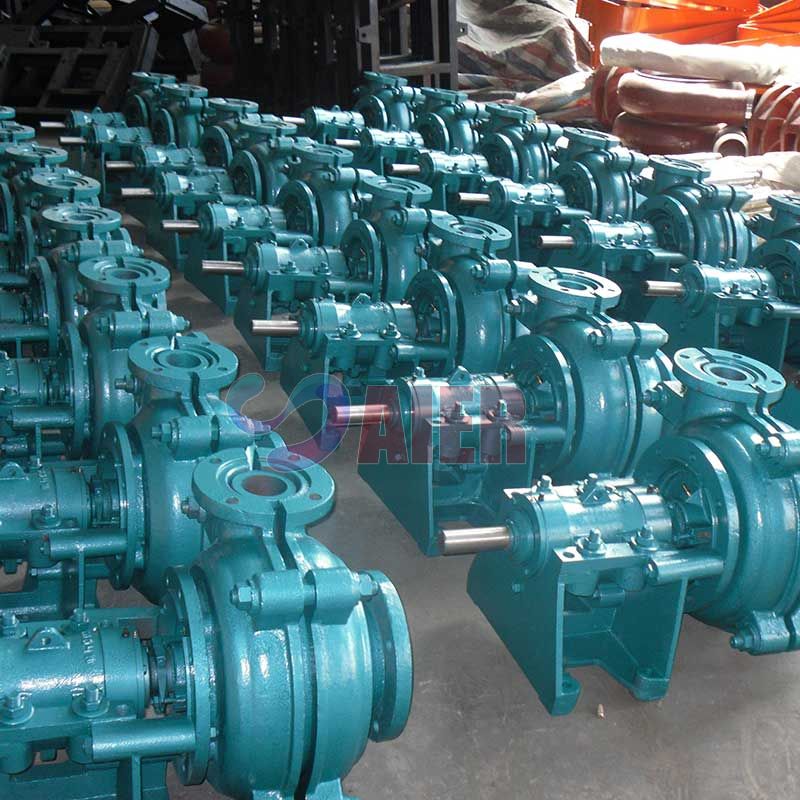Jul . 30, 2024 16:46 Back to list
Wholesale Suppliers of High-Quality Slurry Pumps for Industrial and Commercial Applications
Exploring Wholesale Slurry Pump Suppliers
In various industries, the efficient movement of fluids is crucial for operational success. Among the equipment that plays a pivotal role in this process is the slurry pump. Slurry pumps are specifically designed to handle mixtures that consist of liquid and solid particles, making them essential in sectors such as mining, construction, wastewater treatment, and more. This article delves into the significance of wholesale slurry pump suppliers, highlighting their roles, the benefits of sourcing from them, and the factors to consider when selecting a supplier.
The Role of Slurry Pumps
Slurry pumps serve a critical function in transferring abrasive and corrosive mixtures. These pumps are built to handle heavy-duty demands and are categorized primarily into centrifugal and positive displacement types. Their robust construction allows them to efficiently transport slurries with high solid content, which can often be challenging due to viscosity and particle size.
In industries such as mining, slurry pumps are utilized to transport tailings and sludge, ensuring that materials are moved quickly and safely from one point to another. In wastewater treatment, they help to manage sludge by facilitating its movement to treatment processes for further purification. Given their applications, the reliability and efficiency of slurry pumps are paramount, making the choice of supplier an important consideration for businesses.
Benefits of Buying from Wholesale Suppliers
Opting for wholesale slurry pump suppliers can offer several key benefits.
1. Cost-Effectiveness Wholesale suppliers typically provide bulk purchasing options, which can significantly reduce the per-unit price. This is particularly beneficial for companies that require multiple pumps or spare parts in large quantities.
2. Diverse Product Range Wholesale suppliers often carry a wide array of slurry pump models and accessories, allowing businesses to find the exact specifications needed for their operations. This diversity enables clients to compare different brands and types of pumps in one place.
3. Expertise and Support Established wholesale slurry pump suppliers often have extensive industry knowledge. This expertise can be invaluable for businesses looking for advice on selecting the right pump for specific applications. Moreover, good suppliers will offer support and maintenance services, ensuring that pumps remain operational and reliable.
wholesale slurry pump suppliers

4. Streamlined Procurement Sourcing from a wholesale supplier simplifies the procurement process, as businesses can manage their supply chain more efficiently. Having a consistent supplier for slurry pumps can help maintain inventory levels and reduce downtime.
Selecting the Right Supplier
When choosing a wholesale slurry pump supplier, there are several factors to consider
- Reputation Research potential suppliers to determine their market reputation. Customer reviews and testimonials can provide insights into their reliability and service quality.
- Quality Standards Ensure that the supplier adheres to industry standards and quality control measures. This is critical as the performance of slurry pumps directly affects operational efficiency.
- After-Sales Service Assess the level of support provided post-purchase. A good supplier will offer after-sales services, including installation, maintenance, and readily available spare parts.
- Customization Options Depending on your specific requirements, consider suppliers that offer customized solutions. This flexibility can lead to better performance tailored to your operational needs.
Conclusion
Wholesale slurry pump suppliers play a vital role in ensuring that industries requiring the handling of slurries can operate efficiently. By understanding the benefits of sourcing from these suppliers and knowing what to look for, businesses can make informed decisions that enhance their operational capabilities. As industries continue to evolve, the demand for reliable and high-performance slurry pumps will undoubtedly grow, making the relationships with suppliers more important than ever.
-
Top Submersible Pump Companies High Quality Manufacturers & Suppliers in China
NewsJul.08,2025
-
High Quality Seal for 5 Inch Dredge Pump Reliable China Manufacturer & Supplier
NewsJul.08,2025
-
High-Efficiency Slurry Sand Pump from Leading China Manufacturer – Durable & Reliable Solutions
NewsJul.07,2025
-
High-Quality Slurry Pump Made in China Durable Steel Mill Slurry Pump & Parts
NewsJul.07,2025
-
High Quality Excavator Dredge Pump Manufacturer & Suppliers from China – Reliable, Durable, Efficient Solutions
NewsJul.07,2025
-
Wholesale Slurry Pump Closed Impeller Supplier High Efficiency China Slurry Pump Closed Impeller
NewsJul.06,2025
